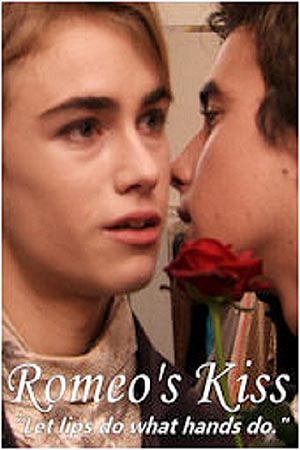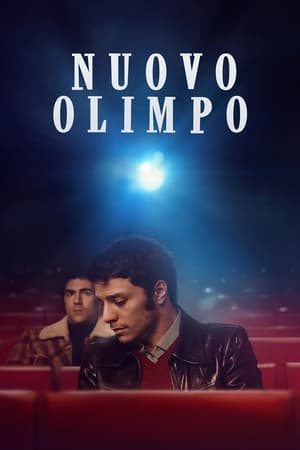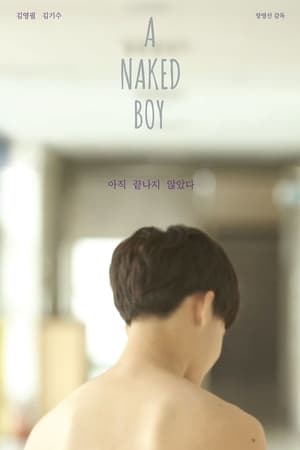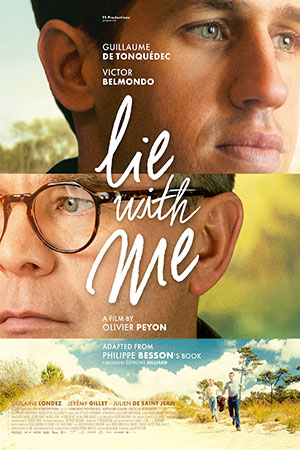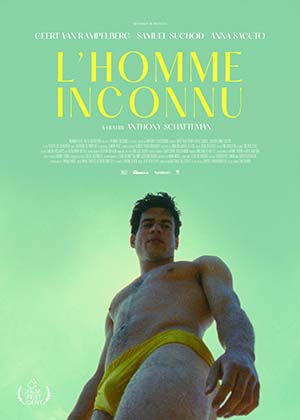Romeo’s Kiss is a charming short film by Julien Eger that encapsulates the delicate emotions of teenage infatuation. Florent Arnoult shines as Thomas, a shy young man who yearns for his classmate Jérémie. During a rehearsal for Romeo and Juliet, Thomas must step into the role of Juliet, where he experiences a moment of emotional tension and self-discovery. The film is simple, sweet, and tender, exploring how a kiss, even one on stage, can carry profound meaning. Matila Malliarakis, known for his later roles in Beyond the Walls and The Returned, plays Jérémie with ease, but it’s Arnoult’s performance that truly steals the show. This coming-of-age tale offers a refreshing take on young love and the courage it takes to confront one’s desires.
Sweet and simple—these words perfectly sum up Romeo’s Kiss, a short film co-written and directed by Julien Eger. Clocking in at just 12 minutes, the film delicately touches on themes of unspoken desire, teenage confusion, and the power of a single kiss.
At the heart of the film is Florent Arnoult, who gives a beautiful performance as Thomas, a shy teenager with an unspoken crush on his classmate Jérémie, played by Matila Malliarakis. Arnoult captures Thomas’s mixed emotions—his longing, hesitation, and vulnerability—as he navigates his feelings during a school rehearsal of Romeo and Juliet. When Thomas is asked to step into the role of Juliet opposite Jérémie’s Romeo, what should be a simple staged kiss becomes a moment of emotional conflict for Thomas. His feelings for Jérémie bubble to the surface, but he’s hesitant to act on them, instead fantasizing about the boy in front of him.
Matila Malliarakis, now recognized for his roles in Beyond the Walls and The Returned, plays Jérémie with ease and nonchalance. Jérémie’s acceptance of Thomas as his Juliet—without any objection to the gender switch—speaks volumes about his character’s open-mindedness and the nature of acting. It’s refreshing to see a character who is completely at ease with the situation, offering a subtle nod to the notion that, in acting, a kiss is just a kiss.
The film doesn’t try to be anything more than it is: a simple, delightful exploration of adolescent longing and self-discovery. Eger’s direction is sensitive and restrained, letting the emotions simmer just beneath the surface. There’s a charm in the film’s simplicity—no grand gestures, no melodrama—just the quiet, tender moments of a teenager learning to listen to his heart.
Though Romeo’s Kiss is short, it leaves a lasting impression. It’s a beautifully crafted coming-of-age story that captures the nuances of young love. The final moments, where Thomas begins to realize the depth of his feelings, are both touching and relatable, offering a slice of youthful vulnerability and courage.
In the end, the film is a small yet impactful piece of cinema, a story about how sometimes the smallest gestures—like a kiss—can mean the world to someone. It’s sweet, it’s simple, and it’s utterly delightful.










